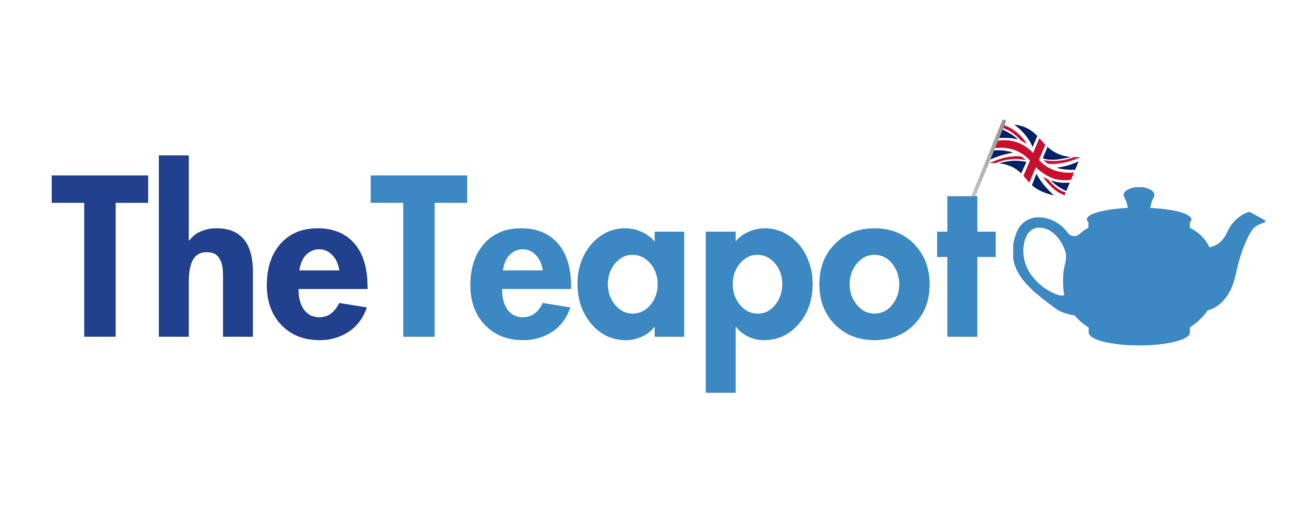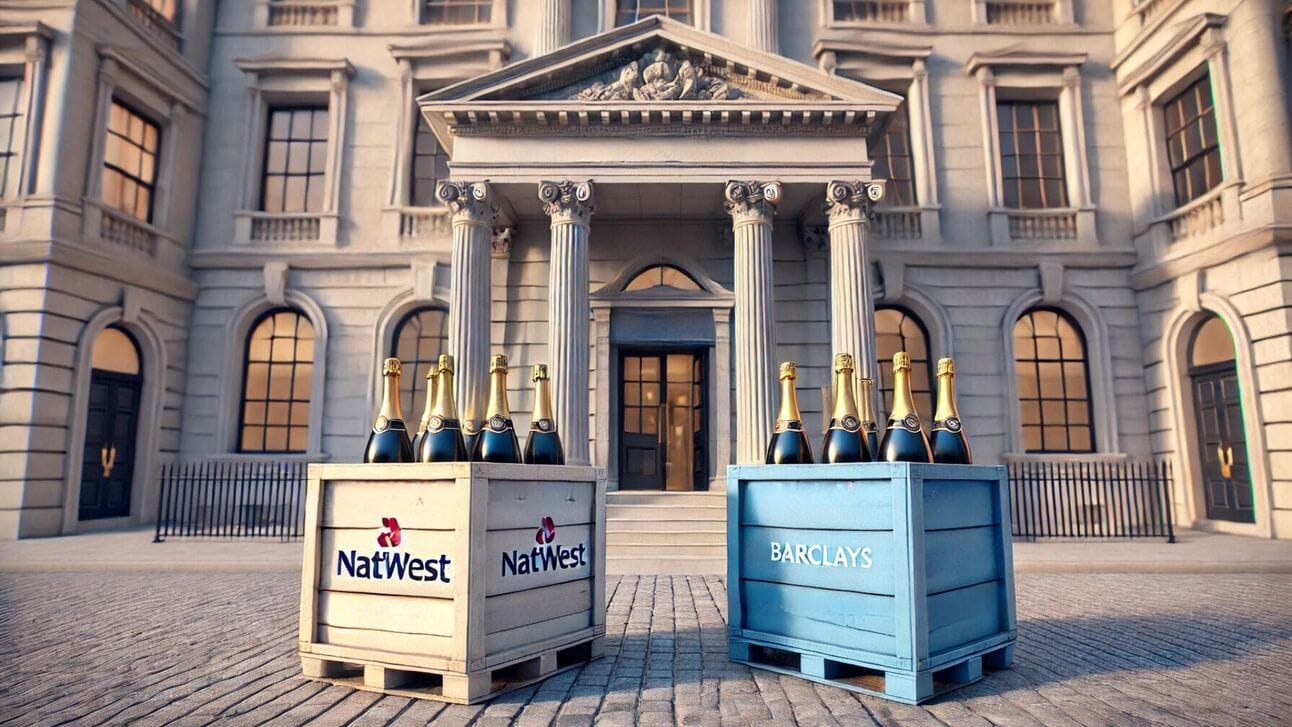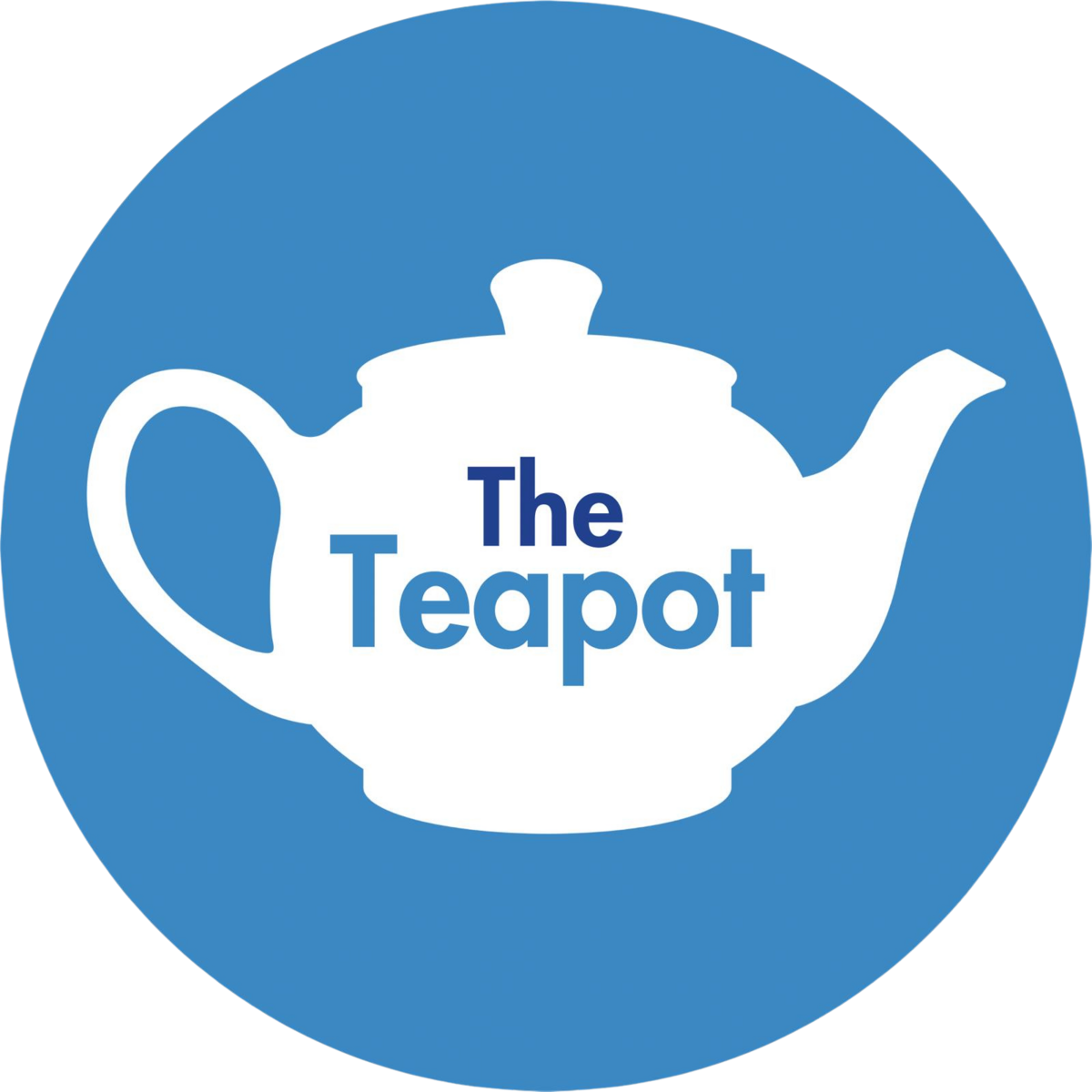Morning all. Continued Professional Development (CPD) credits are mandatory learning and development courses throughout the year for those of you holding certain charters and qualifications. They keep you in tip top professional shape.
Some companies host development classes to make it easier for staff. That’s the case with EY (Ernst & Young). Why has this made the intro this week? Because in the US, EY gave the boot to dozens of staff who were found to have been attending multiple of these courses via Zoom at the same time, camera off. Fired employees told the FT that they were simply ‘multi-tasking’ on separate screens, as you’re expected to do at EY, during a challenging year where the company announced workforce cuts affecting more than 2,400 employees.
A word of warning as your anti-bribery and cyber-security roll around again, Big Brother may be watching!
MARKETS
| FTSE 100 | £8,248.84 | -0.83% |
| FTSE 250 | £20,819.91 | -0.41% |
| AIM | £722.67 | -1.67% |
| GBP/EUR | €1.1999 | -0.09% |
| GBP/USD | $1.296 | -0.70% |
Data: Google Finance, 7-day Market Close
📈📉
PROJECT WATCH
🛣️ Kent open £2bn road maintenance tender. Read more
🌊 Funding campaign for tidal tech after $53m in contract wins. Read more
ECONOMY & FINANCE
IMF upgrades UK growth forecast
Well, here’s a bit of good news to shake those autumnal blues: the International Monetary Fund (IMF) has turned its polite nod of approval into an outright thumbs up, raising the UK's growth projection by 0.4% to a solid 1.1% for 2024. In a world where economic forecasts are often more bleak than the British winter, this upward revision is the largest for any advanced economy - not bad for a series of islands where "keeping calm and carrying on" seemed more like a desperate plea as inflation lurked around every corner.
Banks laugh all the way to the bank
Barclays shares are hitting their highest mark in nearly a decade. The British banking heavyweight has delivered a tidy £1.6bn profit for the third quarter, outperforming the modest expectations of analysts who must have dropped their pumpkin spice lattes when they saw the news.
Barclays shares peaked with a 5% surge, eventually settling at a 4.2% rise, which is like breaking your own marathon record but stopping to tie your shoelaces near the finish line. This impressive showing can be attributed to their recent strategic revamp, prioritising cost efficiency and beefing up domestic lending—the banking equivalent of a gym membership in January.
NatWest Group has been celebrating a third-quarter profit that would make a champagne cork pop too. With an impressive pre-tax operating profit of £1.7bn, the high street bank has added some shine to its image. This exceeds the group's expected £1.5bn forecast for the latest quarter, all thanks to a 7.3% boost in income to a hearty £3.7bn—spurred on by increased lending, a growth in deposit margins, and a bustling capital market scene.
The bank's net interest margin, which is just the fancy term for what they’re raking in minus what they pay out, has crept up to 2.18%, an eight-basis-point rise from the last quarter.
In true market fashion, NatWest shares rose by 5.2% last Friday, marking the FTSE 100 Index's best performer of the day.
POLITICS
Taxes go up, NHS £20bn up, crumbling schools down
Chancellor Rachel Reeves is putting the finishing touches on her inaugural Budget, promising major investments in public services—chiefly the NHS and school rebuilding. Central to her plan is a rise in National Insurance (NI) for employers, set to rake in a tidy £20 billion, likely through a two-percentage-point increase to 15.8% and a lowering of the earnings threshold for employers. Reeves justifies the tax as a necessary “tough decision” to shore up public services. While this NI hike may spare “working people,” i.e., employees, businesses are less thrilled, arguing the increase is essentially a “tax on jobs” and could put a brake on hiring and wage growth. The chancellor is also expected to announce an additional £500 million to build 5,000 affordable homes.
In education, Reeves is directing £1.4 billion to revamp 50 schools a year, a move that’s being greeted with cautious optimism by headteachers who argue far more is needed to reverse years of underfunding. The School Rebuilding Programme has faced years of delays and budget battles, and only 23 of the targeted 500 schools have been completed. Still, Reeves assures us that children “should not suffer” in “crumbling” classrooms—a sentiment likely to resonate with parents as the rainy season hits leaking roofs.
Could the UK follow Norway on social media giants?
Norway is raising the minimum age for social media use from 13 to 15, a bold move against Big Tech in a bid to protect young minds from algorithmic content and data collection. The policy reflects broader European efforts to curb children’s exposure to social media, especially in schools. France recently launched a “digital break” in schools, and the UK’s Ofcom is poised to ban under-18s from platforms failing to meet online safety standards.
While the age increase seems straightforward, enforcement might be another story. More than half of Norwegian nine-year-olds are already on social media, and children often slip past digital barriers with ease. Nonetheless, the move is a clear statement: Europe’s tolerance for the tech industry’s unchecked influence is waning.
ACROSS THE POND
E. Coli in the golden arches
As we gear up for Halloween, it seems McDonald’s has unwittingly added a real-life horror story to the menu. An E. coli outbreak in the US, linked to the golden arches' famous Quarter Pounders, has left 75 people ill across 13 states, with one tragic death reported.
Health officials have pointed fingers at Taylor Farms in California, whose uncooked slivered onions appear to be the culprits. As a precaution, McDonald's has played the food equivalent of whack-a-mole, removing onions and Quarter Pounders from the scene of the suspected crimes in states hit hardest by cases.
McDonald's is striving to calm the public with assurances of safety and their stock taking what can only be described as a deep-fried nosedive, dropping 4.5% on news of the outbreak. Shareholders must have felt like they'd ordered a Happy Meal only to find it had just the toys left.
Legal actions are already unfolding as victims, like Eric Stelly from Illinois, sued McDonald's, seeking justice. The litigious spirit alive and well – it seems the only thing more American than burgers is lawsuits.
Musk is making pro-Trump millionaires
Elon Musk has got his chequebook out, like a modern-day Robin Hood with a penchant for politicking. The Tesla titan's latest election-season endeavour features a daily giveaway of $1 million to a lucky attendee at his pro-Trump rallies. While some might call this philanthropy, others might cry foul play.
Musk kicked off his spree in Pennsylvania, where Democratic Governor Josh Shapiro raised an eyebrow and called for a probe, likening the affair to a backstreet ballot box. Shapiro suggested Musk's open-wallet policy targeting registered voters might not be the civic jackpot it appears to be—because history and the law have this odd thing about buying votes.
One local woman couldn't believe her luck when Musk handed her a cheque in Pittsburgh. Money doesn't grow on trees - it grows in swing states like Pennsylvania, where votes are worth their weight in gold.
TECH
Quantum leaps in Oxfordshire
Welcome to the National Quantum Computing Centre (NQCC), the UK’s latest foray into “hyper-powerful” computing wizardry. Based at the Harwell Campus in Oxfordshire, the centre is setting up to be a game-changer in technology and research, kitted out with 12 of the most sophisticated quantum computers and over 70 staff members ready to flex their quantum muscles. At its opening, Science Minister Lord Vallance wasn’t shy about the centre's ambitions. From mapping climate change solutions to discovering new drugs and AI applications, the NQCC hopes to unravel the sort of brain-bending challenges that might send your average computer into meltdown.
If you’re still scratching your head about what makes quantum computers so special, think of them as the high-stakes gamblers of the computing world, capable of tackling multiple variables simultaneously. NHS leaders are eyeing quantum power to untangle complex rotas, potentially freeing doctors from administrative headaches. With £1 billion invested over the last decade, the UK is gunning for a position in the global quantum race.
Meta’s (attempted) war on AI scammers
A new plan to foil “celebrity-bait” scams is in the works, using—you guessed it—facial recognition. The scheme aims to protect public figures from having their likenesses hijacked for scams, comparing images in ads to the celebs’ own profiles on Facebook and Instagram. If it’s a match, Meta blocks the ad and deletes the facial data, promising a swift, no-nonsense deletion to sidestep any privacy backlash.
Early tests are apparently “promising,” although the tech giant has yet to win over UK and EU regulators, meaning this high-tech shield will remain in the trial stage elsewhere for now. Alongside scam-busting, Meta’s also rolling out facial recognition for account recovery, comparing selfies to profile pics when users find themselves locked out.
Splashdown!
SpaceX’s Crew-8 has triumphantly splashed down off Florida’s coast, bringing back four astronauts who’ve spent seven months aboard the International Space Station. The crew’s return was delayed thanks to Hurricane Milton and Starliner’s own hiccups. Onboard the Dragon capsule were NASA’s Matthew Dominick, Michael Barratt, Jeanette Epps, and Russia’s Alexander Grebenkin, each of whom has probably forgotten what a “quick trip” to the shops means.
The mission, SpaceX’s 13th with humans onboard, was packed with experiments from stem-cell research to UV radiation studies on plants. Next up? Crew-9, scheduled for early 2025, followed by Crew-10 and then Mars. Clearly, SpaceX’s celestial commute service shows no signs of slowing, though here’s hoping they don’t run into any unexpected delays—a cosmic traffic jam, if you will.
WORLD
Archaeology meets Norse saga
An ancient skeleton found in a Norwegian well might belong to a character from the 12th-century Sverris Saga, bringing Norse legend to life. Discovered in Trondheim, the bones are believed to be those of a man thrown into the well as a gruesome insult to King Sverre Sigurdsson’s rival. Researchers sequenced the skeleton’s DNA, revealing blue eyes, blond hair, and origins in southern Norway. While we may never confirm his identity, his discovery in the saga-rich soil adds eerie substance to tales long thought to be embellished.
India faces unprecedented hoaxes
India’s airline industry has been hit by a surge of fake bomb threats, with 90 reported in just one week, sending planes on detours and causing chaos. Planes bound for destinations like the UK, Germany, and Canada have been forced to divert or even land under military escort, sparking panic among passengers and severe disruptions. The threats, mostly anonymous emails or social media posts, have Indian authorities scrambling to find the source. While one minor has been arrested, the motive remains unclear, though officials suspect it’s an attempt to destabilize India’s aviation sector.
Dengue fever hits record levels, spreads beyond the tropics
Dengue fever, often called “breakbone fever” for its intense pain, has exploded worldwide, with over 12 million cases in 2024 alone—double last year’s record. Once primarily a tropical illness, dengue now affects Latin America, Africa, and Southeast Asia, and cases are cropping up as far afield as Europe and the US. The mosquito-borne virus has flourished in warming climates, urban sprawl, and underprepared healthcare systems. Unlike malaria, dengue’s four viral types mean immunity to one doesn’t prevent future infections; instead, it can heighten risk.
New vaccines like Qdenga offer hope, though rapid mass immunization still seems a few years away. For now, patients rely on old remedies like papaya leaf tea, alongside hospitalisation and hydration, to survive the ordeal.
QUIZ TIME
There’s still tea in the pot...
Get your team together for
The Teapot weekly quiz!
Cuppa Chat Cheat Sheet
🎵👣 Lily Allen earns more from selling feet pics on OnlyFans under the username "FTSE500" than her music on Spotify. Despite criticism, she embraces the lucrative side hustle, with support from her husband, David Harbour.
🌋⚠️ Iceland reopens the volcanic site at Grindavík, attracting tourists to witness its eruptions, but warns visitors of inherent dangers. Despite safety concerns, the site remains a draw due to the mesmerising allure of seeing lava and active geological phenomena up close.
📱🛰 Apple introduces satellite communication for iPhone 14 and later users in the UK, permitting emergency SOS calls in areas without cellular service. This new feature, available free for two years, connects to services like Green Flag, enhancing roadside assistance.
🦠👁️🗨️ In a world-first, neurosurgeon Anastasios Giamouriadis removes large brain tumours through patients' eyebrows, leaving minimal scarring. Patients experience a quick recovery, often returning to work within days.
🧲🇨🇳 Scientists in China have constructed the world's most powerful magnet, generating a magnetic field of 42.02 tesla. This record-breaking magnet could unlock new scientific breakthroughs and help to observe unexplored quantum phenomena.
🩺💉 British volunteers are needed for a trial of an mRNA vaccine aimed at protecting against norovirus, a highly infectious disease costing the NHS around £100m annually. The trial, involving 27 NHS hospitals, hopes to show a 65% efficacy rate and could significantly reduce norovirus-related strain on healthcare.
🎤🔍 Two women, who played young Spice Girls in a 1997 video, are trying to reunite with their fellow "Mini Spices." Alice Connor and Sharna D’rosario have connected during the pandemic, but are still searching for the remaining three members.
🛩️🔍 The wreckage of a WW2 Grumman Hellcat, crashed in Northern Ireland on 6 August 1945, has been unearthed by aviation archaeologist Jonny McNee, with help from Foyle College students. An appeal is ongoing to locate the relatives of the fallen sailor, Petty Officer Douglas David Smith.
🩰✨ Renowned ballerina Melissa Hamilton returns to her home stage at Belfast's Grand Opera House for a dream showcase. The performance includes classic and contemporary ballets with Hamilton also teaching a masterclass for local aspiring dancers.
⚠️💰 Over 83,000 UK low earners were fined by HMRC for late tax returns, despite not owing tax, prompting calls for penalty reform. Campaigners urge returning to a pre-2010 system, sparing low-income earners from penalties.








